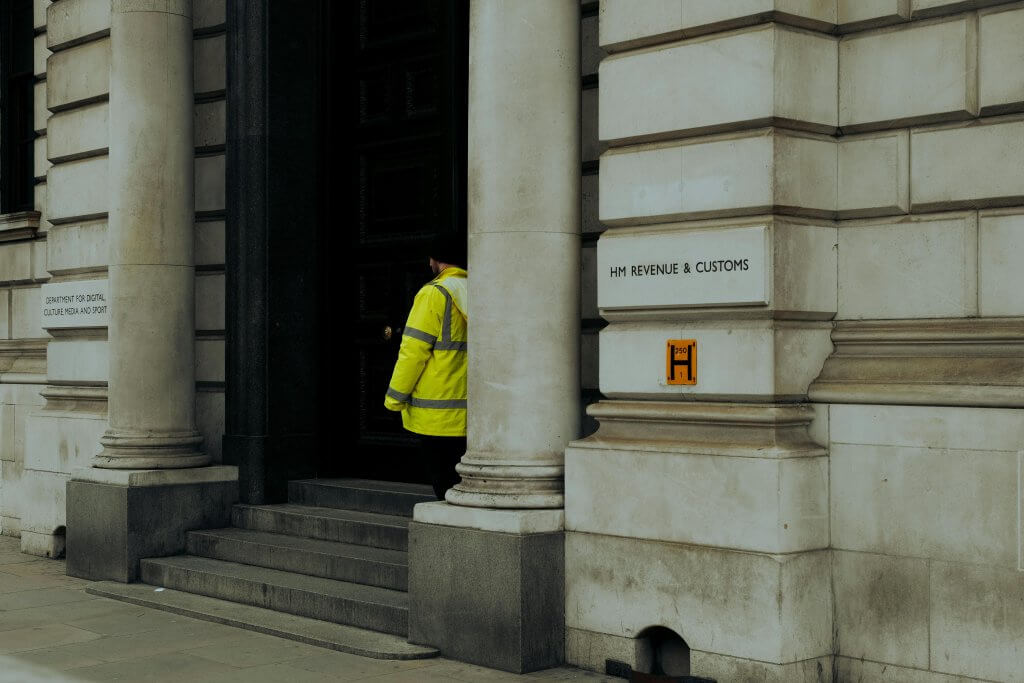High-cost company debts, like short-term loans or high-interest borrowing, can seem like a quick fix when cash is tight. But when repayments start draining your cashflow, the pressure builds fast. If you’re a company director worried about debts you can’t afford, you’re not alone—and there’s business debt help available.
You have options to deal with high-cost company debts, whether you want to save your business or close a business with debts in a controlled way. Acting early is key.
Action you can take now To Tackle High-Cost Company Debts
Many directors turn to loans to cover urgent costs like payroll, rent, or tax bills. These loans often come with steep interest rates and aggressive recovery tactics, making it easy to feel trapped. If this sounds familiar, start by asking yourself these questions:
- Did you fully understand the loan’s terms and conditions when you signed?
- Is there a personal guarantee tied to the debt? If so, what does it mean for you?
- Was the borrowing in the company’s name or your own?
You don’t need all the answers right now—that’s where we come in. Thinking through these questions helps you get a clearer picture of the problem and what business debt help you need. Our experts offer free, confidential advice to guide you through high-cost company debts and find practical solutions. Get in touch today to start taking back control.
Dealing with online lender debts
Online lenders can feel like a lifeline when you need cash fast. Their applications are simple, and the money arrives quickly. But the downside is that high-cost company debts from these platforms often come with brutal repayment terms. If you miss payments, their recovery teams can be relentless.
We regularly help business owners who’ve borrowed from online lenders and are now struggling. Our licensed insolvency practitioners can review your situation, explain your options, and provide business debt help to manage these debts—and remove the stress.
Whether it’s negotiating with lenders or exploring formal insolvency solutions, we’re here to support you. Contact us for free advice today.
Managing Bounce Back Loan repayments
Bounce Back Loans were a game-changer for small businesses during tough times. But repayments are still hitting hard. If your business hasn’t bounced back as hoped, keeping up with these payments can feel impossible. Unlike other high-cost company debts, Bounce Back Loans are government-backed, which means they’re treated as company debt if your business becomes insolvent.
This means you shouldn’t be personally liable for a Bounce Back Loan unless you’ve made questionable decisions, like taking money out of the company while it was insolvent. That’s why getting expert advice early is crucial.
We can explain how to handle Bounce Back Loan debt, including exploring options like a CVA. Let’s talk about your options to avoid personal risks and find the right business debt help.
Handling HMRC debts
Owing money to HMRC can be especially stressful. They have serious enforcement powers, and if you’re behind on PAYE, VAT, or Corporation Tax, things can escalate quickly. The key is to act fast to avoid legal action that could limit your options.
We can help you:
– Figure out exactly what you owe and where you stand with HMRC
– Negotiate a Time to Pay arrangement to spread out repayments
- Explore other solutions to manage HMRC debt
If your debt has already spiralled, we can use formal insolvency processes to protect your business. HMRC often works with proactive directors, but having an experienced insolvency practitioner on your side makes a big difference.
Don’t wait until creditors start legal action—reach out for business debt help today.
Your options for high-cost company debts
If high-cost company debts are driving your business towards insolvency, you might have more options than you think. Our licensed insolvency practitioners at can guide you through solutions to either save your business or close a business with debts responsibly. Here are the three most common routes:
Company Voluntary Arrangement (CVA)
A CVA is a legally binding deal between your company and its creditors. It lets you repay debts over time in affordable monthly instalments while you keep trading. A CVA can also freeze legal action, giving you breathing space to focus on recovery. It’s a great option if your business is viable but struggling with high-cost company debts.
Administration
If your business is viable but in serious financial trouble, Administration can offer legal protection while we plan a recovery or sale. An insolvency practitioner takes temporary control to manage the process and find the best outcome for your business and creditors. It’s a powerful tool to tackle high-cost company debts and get back on track.
Creditors’ Voluntary Liquidation (CVL)
If your business can’t keep going, a CVL is a formal way to close a business with debts. Your company’s assets are sold to pay creditors, and any remaining debt is written off. This process lets you walk away responsibly without the burden of unmanageable debts. We could even guide you through phoenixing: restarting your business under a new company.
Each option depends on your unique situation. We’ll explain the pros and cons and help you choose the best path for your business. Contact our experts for a free consultation to explore your business debt help options.
Why act now?
Getting the right business debt help at the right time can stop a bad situation from becoming a crisis. Whether you want to save your business or close a business with debts, there are legal and manageable ways to do it.
We’re here to take the stress off your shoulders. Our licensed insolvency practitioners offer free, confidential advice to help you navigate high-cost company debts and find peace of mind. Don’t let debt control your future—reach out today for a no-obligation chat. It could be the first step towards a brighter tomorrow.


